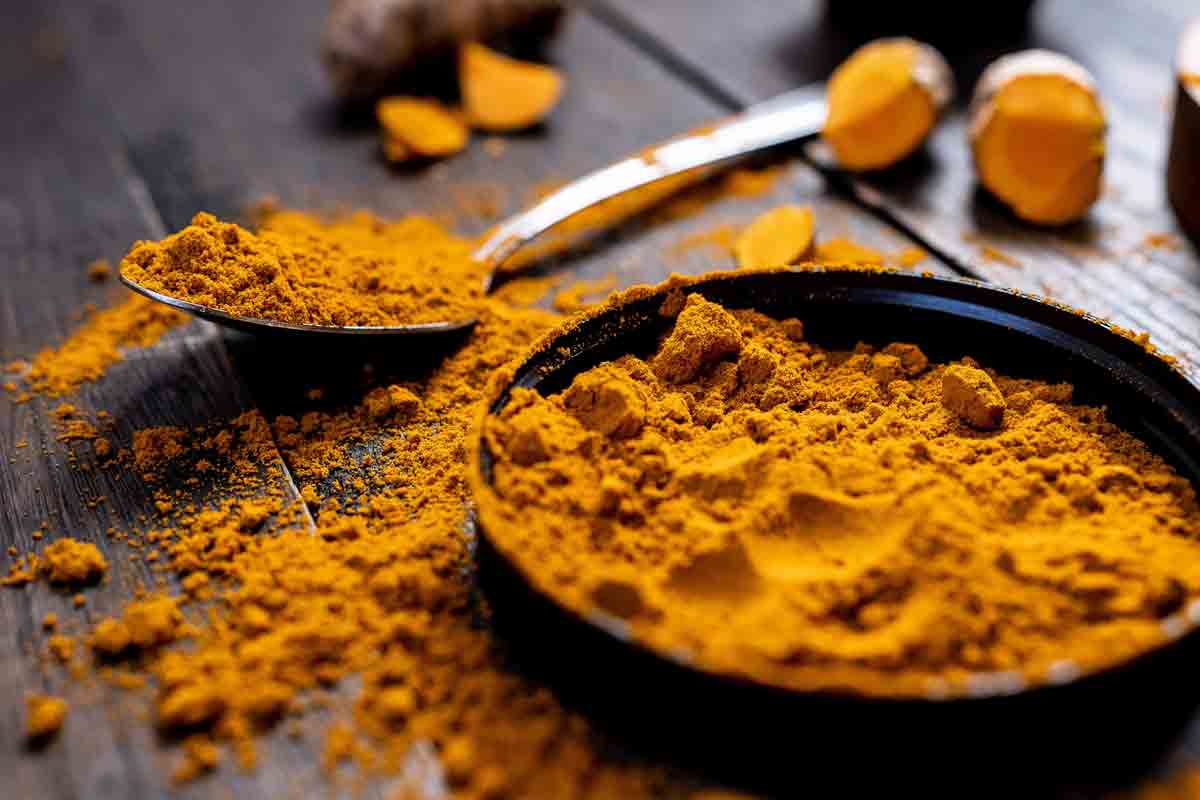
Earthy seasoning and bright yellow, turmeric stands out in diet, due to its anti-inflammatory, antioxidant and antimicrobial properties. The spice can bring several benefits to physical and mental health, however, its use in dietary supplements requires attention.
+ Video shows moment giant wave drags motorcycles and bathers in the Maldives
+ Here are the 3 softest zodiac signs
Benefits of turmeric
Rich in pharmacological properties, turmeric, also called ground turmeric, can reduce levels of cholesterol, prevent infections and colds. Additionally, it can act against pain and joint stiffness, prevent certain types of cancer, improve cardiovascular health, reduce the risk of neurodegenerative diseases, and fight premature aging and inflammatory diseases like eczema, psoriasis and acne.
“The curcumin, a bioactive component found in turmeric, may help reduce the risk of Alzheimer’s disease, improving memory and mood in people with mild age-related memory loss,” adds neuroscientist Fabiano de Abreu Agrela.
Contraindications in the use of turmeric
According to the portal “Your Health”, turmeric is contraindicated for people taking “anticoagulant drugs or who have bile duct obstruction due to gallstones”. Pregnant and breastfeeding women should consume it only under medical guidance.
With the popularization of general health benefits, curcumin-based supplements have entered the market and are sold without a prescription. However, the use of this active ingredient requires a lot of attention.
“Curcumin is indeed an excellent supplement, but for some people, it can potentiate some serious health problems”, such as “reducing gene expression” and, in some cases, “increasing the predisposition to depression, cancer and various neurological and psychiatric conditions,” warns geneticist and molecular biologist Susana Massarani.
According to the professional, despite over-the-counter sales, consumption should only be done with proper professional guidance, based on an individual gene analysis of each patient.
“It is important to note that what we find in supplements is not the turmeric food, but rather curcumin, which is the bioactive compound, making them more concentrated. Consuming turmeric itself is one thing, using isolated curcumin indiscriminately is another,” concludes Susana Medeiros.

